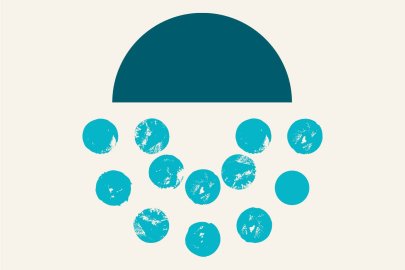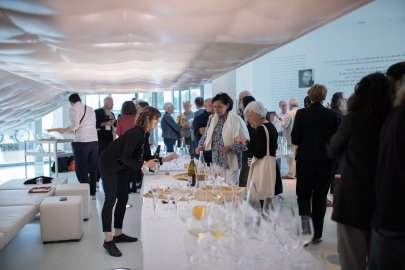
Octobre 2024 à juin 2025
Bruno Méniel, a former student of the École normale supérieure and holder of an agrégation in modern literature, is a professor of French Renaissance literature at Nantes University. His research focuses on three main areas:
– Literary genres: After working on the epic poetry of the Wars of Religion, he expanded his research to include all narrative genres. In particular, he defined the notion of the "ethics of a literary genre": a genre carries a specific worldview, and a writer chooses a genre based on their life choices (profession, social environment) and their moral, religious, and political options.
– The anthropology of passions: As each literary genre highlights certain passions and gives them a particular coloration, he focused on the case of anger. He explored specialized knowledge—medicine, philosophy, theology, rhetoric, politics, pedagogy, law—that each has its own discourse on anger. He examined the different forms anger took in epic poetry, tragedy, satire, and self-discourse. Subsequently, he studied other passions: fear, the thirst for revenge, pity...
– Law and literature: Expanding his research into specialized discourses revealed the importance of legal culture among 16th-century writers. He directed the dictionary Écrivains juristes et juristes écrivains du Moyen Âge au siècle des Lumières (Writers Jurists and Jurist Writers from the Middle Ages to the Enlightenment).
Rethinking hierarchies in the Renaissance
During the Renaissance, mutations and shifts in values affected the hierarchy of social statuses, disciplines, authors, and even the criteria for evaluating artistic and literary works.
The hypothesis of his project is that in France, writings belonging to literature became the preferred place for rethinking hierarchies. The literary field was particularly influenced by jurists, who promoted their values, prompting a reaction from gentleman writers. Old genres were revisited and new ones were developed, favoring those that allowed for personal judgment (eulogy, satire, letters, memoirs, essays), which was a way of challenging established hierarchies. Hierarchy was no longer found in the order of the world; it was in the way men viewed it.
MÉNIEL, Bruno, Renaissance de l’épopée. La Poésie épique, en France, de 1572 à 1623, Genève, Droz, 2004, 555 p.
MÉNIEL, Bruno, éd., Littérature et Droit, du Moyen Âge à la période baroque : Le procès exemplaire, Paris, H. Champion, 2008, 278 p.
BOUDOU, Bénédicte et MÉNIEL, Bruno, dir., Éthique et droit du Moyen Âge au siècle des Lumières, Paris, Classiques Garnier, 2012, 378 p.
MÉNIEL, Bruno, dir., Écrivains juristes et juristes écrivains du Moyen Âge au siècle des Lumières, Paris, Éditions Classiques Garnier, 2015, 1335 p.
MÉNIEL, Bruno, Anatomie de la colère. Histoire d’une passion à la Renaissance, Paris : Éditions Classiques Garnier, 2020. Médaille d’argent du Prix monseigneur Marcel 2021 décerné par l’Académie française.



